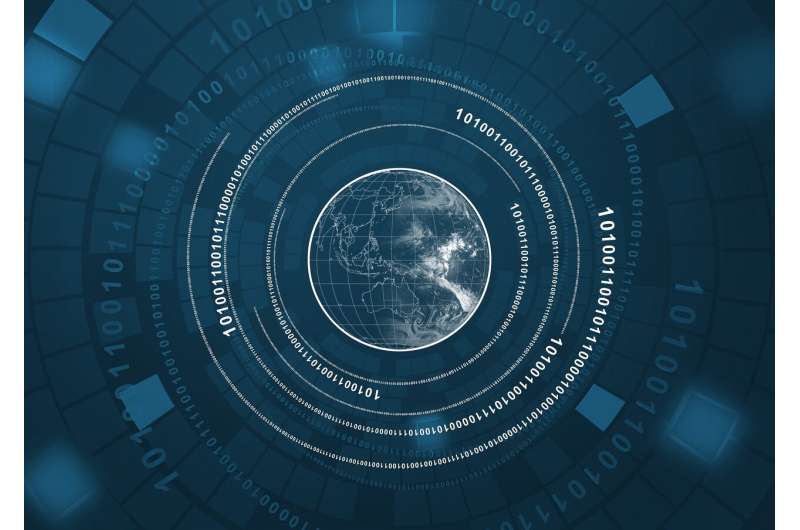This article has been reviewed according to Science X's editorial process and policies. Editors have highlighted the following attributes while ensuring the content's credibility:
fact-checked
reputable news agency
proofread
WHO says AI can transform health care if understood properly

Artificial Intelligence has the potential to transform health treatment but rapid roll-out without fully understanding how AI performs could end up harming patients, the World Health Organization said on Thursday.
The WHO said AI held great promise for health care but also came with challenges, notably around privacy and the potential to entrench existing problems.
The United Nations' health agency issued a new publication detailing some of the main regulatory considerations on AI for health, so that authorities can build or adapt their guidance on using it.
"With the increasing availability of health care data and the rapid progress in analytic techniques—whether machine learning, logic-based or statistical—AI tools could transform the health sector," the organization said.
The WHO said AI could strengthen clinical trials, improve medical diagnosis and treatment and supplement medical knowledge and skills.
For example, AI could help in places with a lack of specialist, by interpreting radiology images and retinal scans, it said.
However, the WHO added that AI is being rapidly deployed, sometimes without a proper understanding of how such technologies perform, "which could either benefit or harm end-users", both patients and professionals alike.
When using health data, AI systems could be accessing sensitive personal information, so robust legal frameworks are needed to safeguard privacy and integrity, the WHO said.
Pros and cons
"Artificial intelligence holds great promise for health, but also comes with serious challenges, including unethical data collection, cyber-security threats and amplifying biases or misinformation," said WHO chief Tedros Adhanom Ghebreyesus.
"This new guidance will support countries to regulate AI effectively, to harness its potential, whether in treating cancer or detecting tuberculosis, while minimizing the risks," he added.
The WHO said AI systems depend on the code they are built with and the data they are trained on, and better regulation could help manage the risks of AI amplifying biases present in training data.
"For example, it can be difficult for AI models to accurately represent the diversity of populations, leading to biases, inaccuracies or even failure," the WHO said.
"To help mitigate these risks, regulations can be used to ensure that the attributes—such as gender, race and ethnicity—of the people featured in the training data are reported and datasets are intentionally made representative," the organization added.
The WHO outlined six areas for regulating AI for health.
They include externally validating data, evaluating systems before release so as not to amplify biases and errors, looking at consent requirements on data privacy, and fostering collaboration between regulators, patients, governments and health care professionals.
© 2023 AFP




















